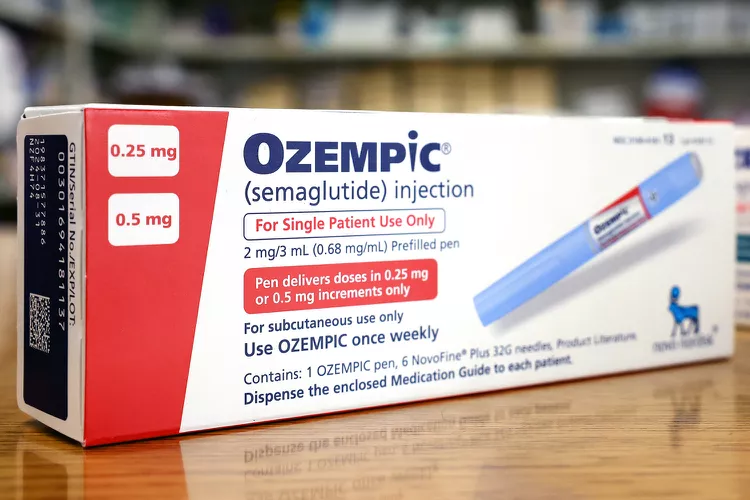Research Suggests That The Sweetener Erythritol Might Be Associated With An Increased Risk Of Blood Clots
In recent years, erythritol has gained popularity as a go-to sugar substitute, especially among those following low-carb or ketogenic diets. It’s often touted as a safe, zero-calorie sweetener that doesn’t spike blood sugar levels. However, recent studies have raised concerns about the safety of erythritol, particularly its potential link to an increased risk of blood clots, which can lead to severe cardiovascular events like heart attacks and strokes.

The Connection Between Erythritol And Blood Clots Is Becoming Clearer
A new study conducted by researchers at the Cleveland Clinic has provided more evidence that erythritol, even when consumed in amounts typically found in diet sodas or sugar-free baked goods, may significantly elevate the risk of blood clot formation. This is particularly concerning because blood clots can obstruct blood flow, thus leading to potentially life-threatening ailments like heart attacks or strokes.
The study involved 20 healthy volunteers who were given erythritol in doses similar to what you might consume in a standard sugarless muffin or a can of diet soda. Astonishingly, researchers observed that the levels of erythritol in their blood skyrocketed more than 1,000-fold shortly after consumption. What’s more alarming is that these elevated levels were associated with a noticeable increase in the activity of blood platelets, making them more prone to clotting (Cleveland Clinic) (ScienceBlog.com).
Why This Matters For Your Heart Health
So, what does this mean for your heart? Well, platelets play a crucial role in blood clotting, which is necessary for healing wounds. However, when platelets become too active, they can cause clots in your arteries, which might result in heart attacks or strokes. The study’s findings suggest that consuming erythritol could trigger this dangerous process, especially in those already at risk for cardiovascular disease.
Dr. Stanley Hazen, one of the study’s lead researchers, stressed the importance of considering these findings, particularly for people with existing risk factors such as diabetes or metabolic syndrome. He pointed out that while erythritol is generally recognized as safe (GRAS) by the FDA, its long-term effects on cardiovascular health have not been thoroughly studied until now. Dr. Hazen advises that it might be safer to enjoy sugary treats in moderation rather than opting for sugar alcohols like erythritol if you are at risk (ScienceBlog.com) (Med Xpress).
What Should You Do If You Use Erythritol?
If you’ve been using erythritol as part of your daily routine, you might be wondering if you should be concerned. Here’s the deal: while more research is needed to fully understand the long-term implications, these initial findings suggest caution. If you have a history of heart disease or if you are at risk due to other factors like diabetes, it might be wise to limit your intake of erythritol and other sugar alcohols.
In particular, Dr. Hazen recommends that those at elevated risk should consider reducing their consumption of foods and beverages containing erythritol until more conclusive data is available. This doesn’t mean you need to give up on sweeteners altogether—just be mindful of what’s in your food and how it might affect your health in the long run (Cleveland Clinic) (Med Xpress).
The Bottom Line
Erythritol may seem like a harmless sugar alternative, but recent research indicates that it could be linked to an increased likelihood of blood clots and, by extension, heart attacks and strokes. While the findings are still emerging, they suggest that moderation is key, particularly if you have any existing cardiovascular risks.





